SGGPO
Cuba not only tops the Latin American list in terms of investment in education but also holds the number 1 investment-to-GDP ratio according to the World Bank ranking in the period 2009-2013. Today, despite many economic difficulties, Cuba is still considered a country with a world-class education system, with a level of development equal to that of advanced education systems such as Finland, Singapore, the Netherlands, Canada, etc.
“If you know, teach; if you don't know, learn”
Education has been a top concern of the Cuban government since the successful revolution in 1959, because before the revolution, more than half of Cuban children did not go to school and more than 1 million people were illiterate.
With the slogan "If you know, teach; if you don't know, learn", Cuba mobilized nearly 300,000 students and adult volunteers to go to the countryside to teach the poor. In just about 3 years, the literacy rate in Cuba reached 97%.
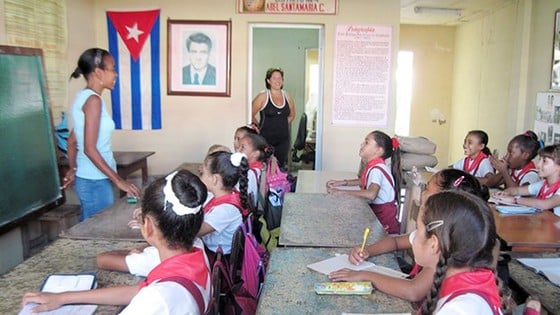 |
| A classroom in Cuba. Source: OnCuba |
On December 22, 1961, speaking to the masses at Revolution Square in Havana, President Fidel Castro declared that Cuba was a "land free from illiteracy". And this day was also chosen as the annual Teachers' Day in Cuba.
Experts say that Cuba's educational success comes from the revolutionary government's free education system. In Cuba, every child at the age of 5 will start school completely free. Universal education applies to all children from the age of 6 to the end of basic secondary school (usually 15). Education, including university education, is free for all Cuban citizens, regardless of wealth or social class.
After finishing 9th grade, students can choose to continue their studies or go to work. Cuban students are very studious. Students who graduate from preparatory schools will be able to attend university for free. In many rural areas, students attend boarding schools. At these schools, in addition to studying, students participate in agricultural work or other jobs.
Commenting on Cuba's education system, Executive Director of the Association of American School Principals (AASA) Dan Domenech affirmed: "Cuba is a country with a comprehensive education system for children!"
Medical training center for the world
A recent report by the World Bank (WB) asserts that “apart from Cuba, no school system in Latin America meets global standards.” Cuba is a place where “education has been one of the main priorities since 1959 (the year of the Revolution), with an effective education system.”
The WB report also confirmed that no country in Latin America has a team of teachers that meets high quality standards according to world standards, except Cuba!
Nowadays, when mentioning Cuba, people around the world will immediately think of a country with the world's leading medical and health care system, in which the core "nucleus" is people.
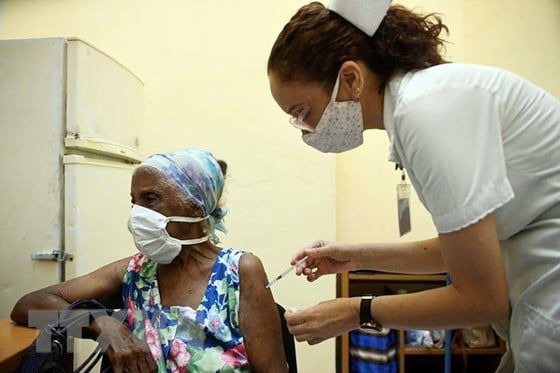 |
Medical staff inject Covid-19 vaccine to people in La Habana, Cuba. Photo: VNA |
Cuba has a network of 13 universities across the country that provide medical education through a unique preventive medicine model. Since 1999, Cuba's Latin American Medical School of Havana has provided free education, including full tuition, textbooks, accommodation, meals, and a stipend, to 35,000 physicians from some 140 countries.
The country is committed to producing doctors who are ready to save lives and improve the health of many people at home and abroad. Many countries in the world learn from this model of integrating theory and practice with a community-based approach, including developed countries such as the US and the EU.
Cuba has also stepped up medical training exchanges with other countries. About 2,500 students from the Middle East, Africa and Latin America have enrolled in 43 specialized courses offered by the country's Ministry of Public Health.
Cuba is also famous for its “medical exports”. Despite the pressure from the US embargo, the Cuban medical sector has made many new strides. As the Covid-19 pandemic spread rapidly around the world, the Caribbean island nation undertook the mission of providing medical assistance to 19 countries to fight the disease, demonstrating its soft power through medical diplomacy.
According to the Times, the Cuban government's sending of health care professionals abroad generates about $11 billion a year in revenue - more than the tourism industry. There are currently about 50,000 Cuban doctors working in 67 countries across all continents.
Cuban Ambassador: "Wishing more and more Cuban doctors to come to Vietnam"
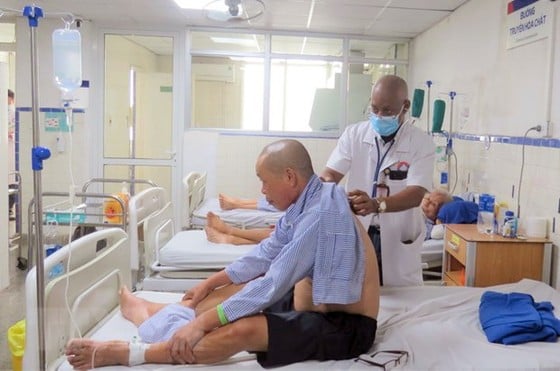 |
Professor Jusús de los Santos Renó Céspedes, a leading expert in oncology in Cuba, examines patients at the Oncology Department of the Vietnam - Cuba Dong Hoi Friendship Hospital. Photo: VNA |
In early 2023, speaking to the press in Vietnam, Mr. Orlando Nicolas Hernandez Guillen - Ambassador Extraordinary and Plenipotentiary of Cuba to Vietnam shared his thoughts and hopes for cooperation in the medical field between Vietnam and Cuba in the coming time.
Regarding the cooperation in the health sector in general between Vietnam and Cuba, the ambassador said that there is a lot of potential for development in the coming time. We also hope that the achievements that Cuba has made in the health sector will be applied and bring benefits to the Vietnamese people.
“We hope that more and more Cuban doctors will come to work in Vietnamese hospitals, and that more Cuban medicine will reach Vietnam to treat people,” he said.
Source



![[Photo] "Ship graveyard" on Xuan Dai Bay](https://vphoto.vietnam.vn/thumb/1200x675/vietnam/resource/IMAGE/2025/11/08/1762577162805_ndo_br_tb5-jpg.webp)


![[Photo] Heavy damage after storm No. 13 in Song Cau ward, Dak Lak province](https://vphoto.vietnam.vn/thumb/1200x675/vietnam/resource/IMAGE/2025/11/08/1762574759594_img-0541-7441-jpg.webp)



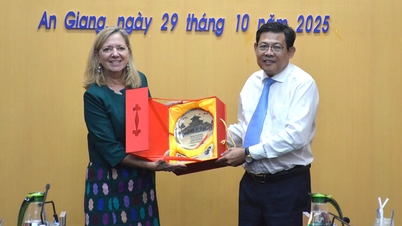

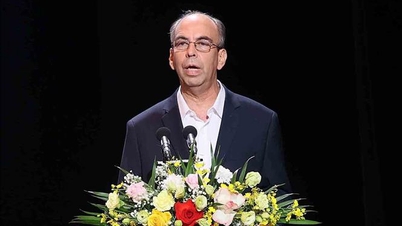

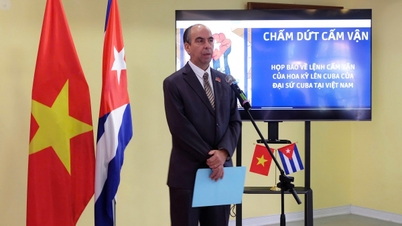

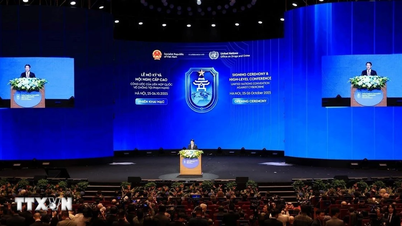








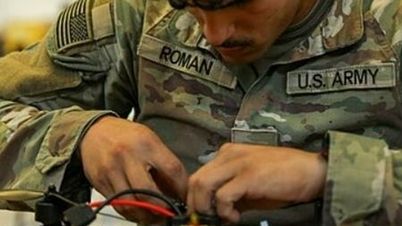

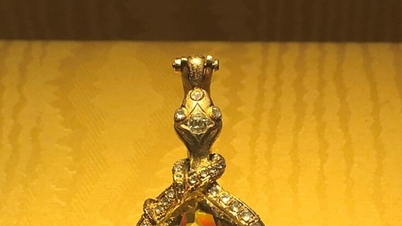




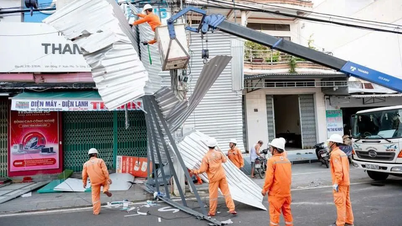






![[Video] Hue Monuments reopen to welcome visitors](https://vphoto.vietnam.vn/thumb/402x226/vietnam/resource/IMAGE/2025/11/05/1762301089171_dung01-05-43-09still013-jpg.webp)

































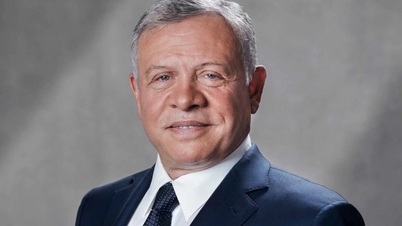

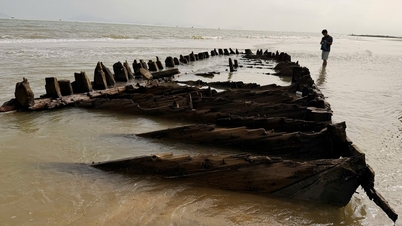
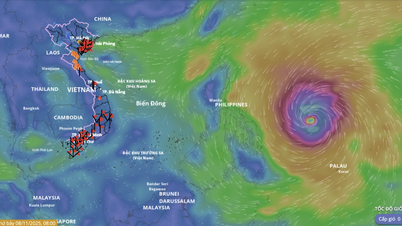



















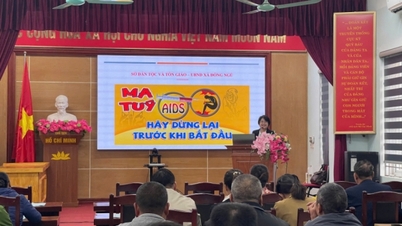











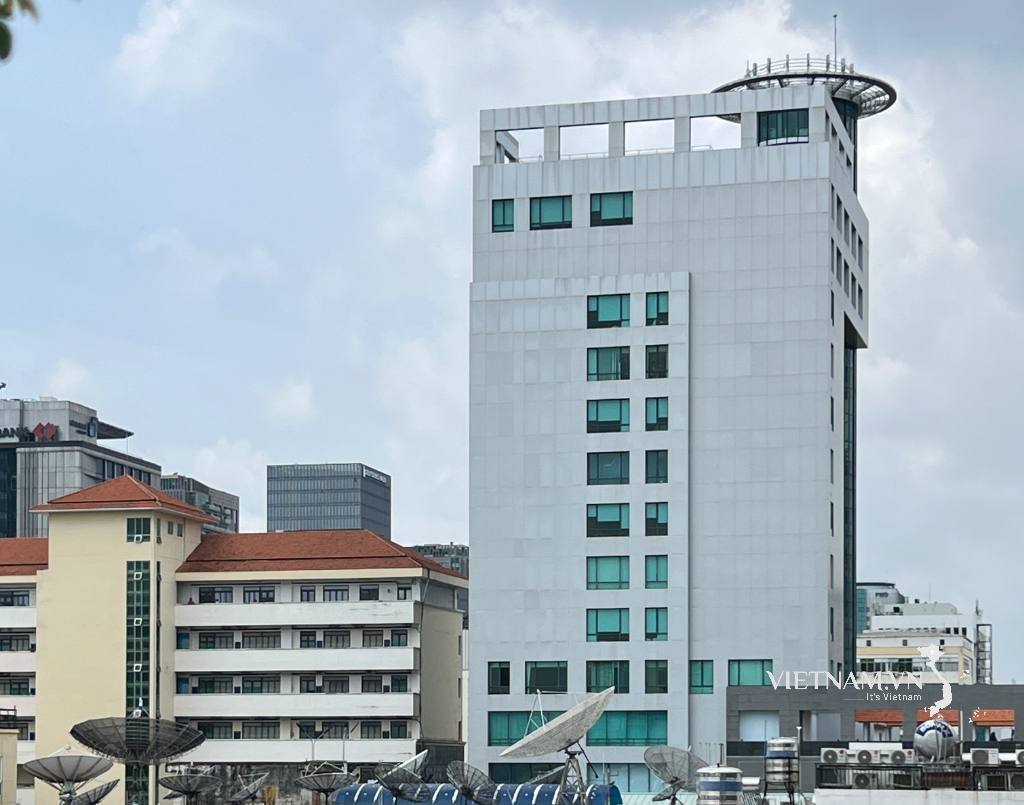

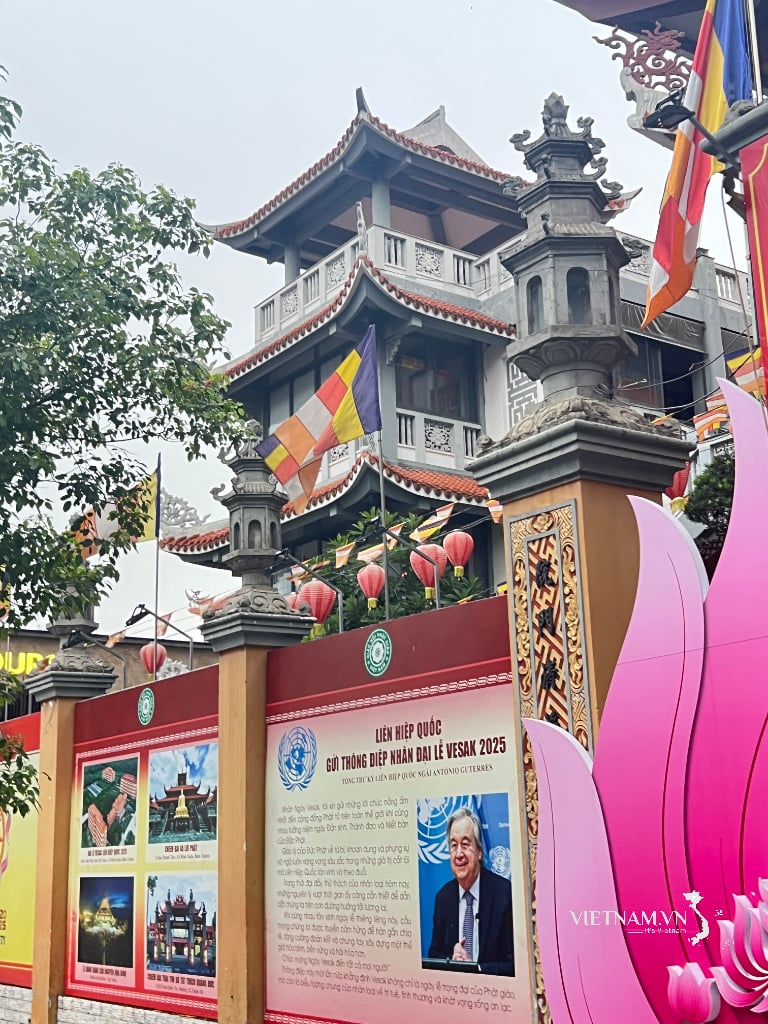

Comment (0)